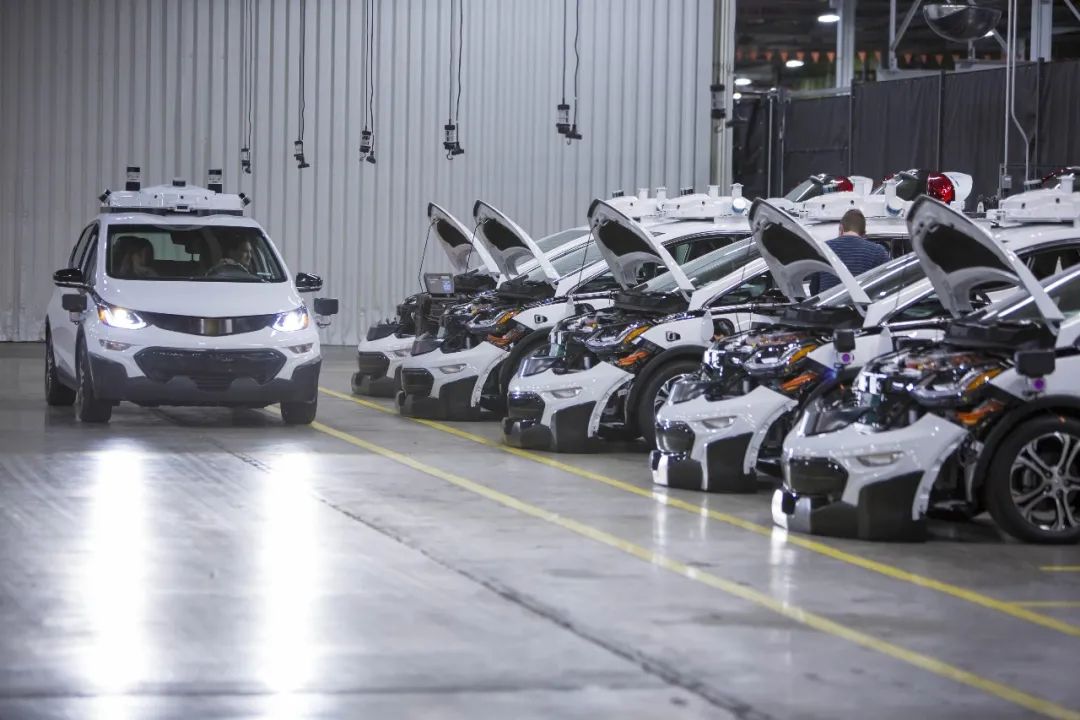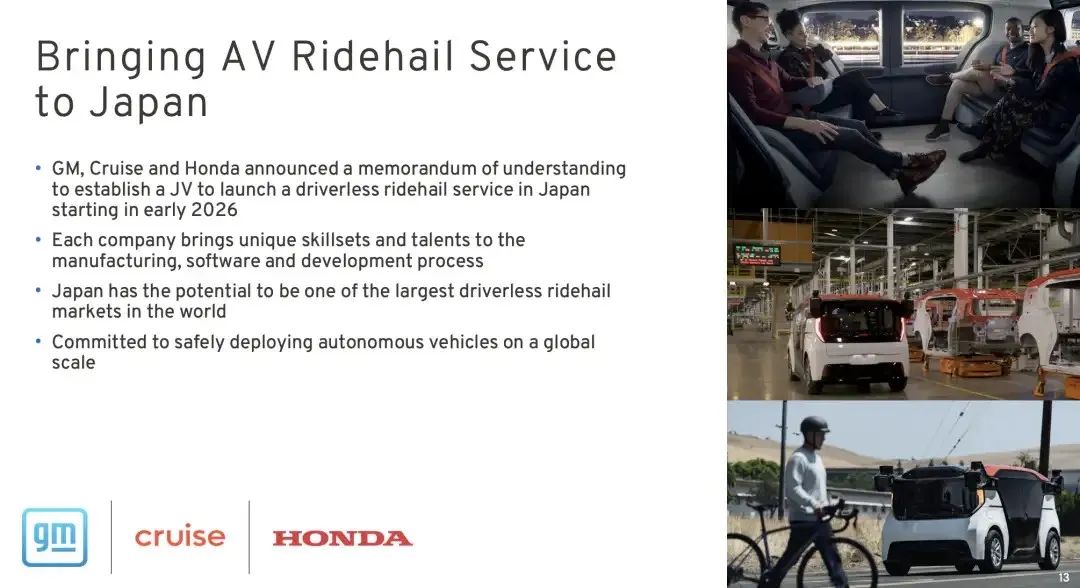General Motors, Musk says you "lack technology"
![]() 07/26 2024
07/26 2024
![]() 542
542
One world, two different emotions.
"How far are we from self-driving cars?"
This question, if answered by General Motors, would be "very far." If answered by Tesla, it would be "in the near future." Recently, due to the topic of autonomous driving, Musk once again took a sarcastic tone towards General Motors.
On July 23, General Motors reluctantly issued an announcement stating that its autonomous driving company, Cruise, would focus its development efforts on the next-generation Chevrolet Bolt, while indefinitely postponing the launch of the steering wheel-less Origin autonomous vehicle.
"Indefinitely postponed," these five words are indeed bad news for GM's investors.
Previously, GM had invested heavily in the development of self-driving cars, and its subsidiary Cruise was once considered one of the most promising companies to achieve fully autonomous driving.
Regarding the reason for abandonment, Mary Barra, CEO of General Motors, stated in a letter to shareholders that "indefinitely postponing the launch of this shuttle bus addresses the regulatory uncertainty we face due to Origin's unique design." She also noted that the unit cost of the next-generation Bolt would be significantly reduced.
"This will help Cruise optimize resource allocation."

However, if Musk heard this and didn't respond with a few counterarguments, it wouldn't be like him. After Mary Barra wrote the letter, he told the world that the real reason for GM's cancellation was that they couldn't make it work, not because of regulators.
"GM's technology doesn't meet the standard."
This direct attitude has indeed displeased the Detroit giants. Even more displeasing was Musk's statement during a conference call that "Tesla has made significant progress in Full Self-Driving (FSD) and autonomous taxi services."
Truly, one world, two different emotions.
Twists and turns, GM persists
Musk is not wrong in saying that GM's autonomous driving development has indeed been full of twists and turns.
It is reported that the Cruise Origin is an autonomous vehicle without a driver's seat, steering wheel, or pedals, originally expected to debut in Japan in 2026, developed jointly by GM, Cruise, and Honda.

In 2022, GM submitted a petition to the National Highway Traffic Safety Administration (NHTSA) requesting permission to deploy up to 2,500 driverless Origin vehicles annually without manual controls such as brake pedals or rearview mirrors.
Operations were on the agenda, and the situation was initially promising, but the turning point came suddenly. Cruise, the world's second-largest autonomous driving company with high expectations, has seen headlines such as "Cruise fined $112,500 by regulators" and "After burning $8 billion, GM injects another $850 million to save Cruise" in recent years.
In summary, there haven't been many good news. Many have wondered if Cruise is nearing its end.
In 2022, Argo AI, an autonomous driving company supported by Ford and Volkswagen, suffered a devastating collapse, and in 2023, the domino effect reached GM's autonomous driving company, Cruise.
The ten-year-old autonomous driving leader saw its founders step down. The








